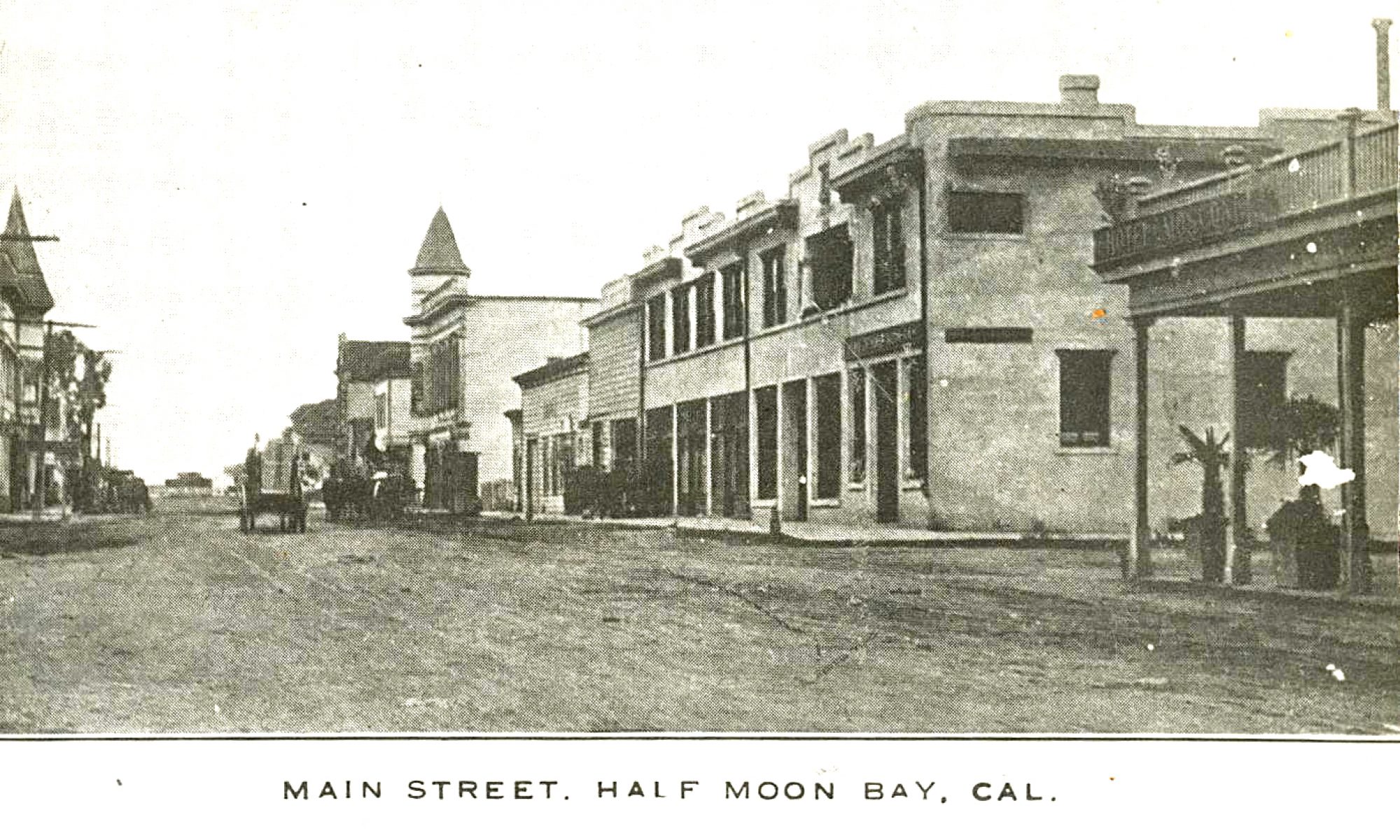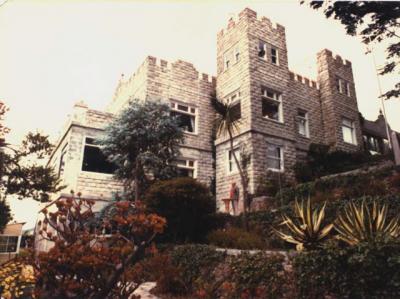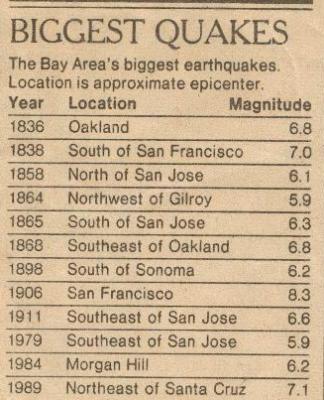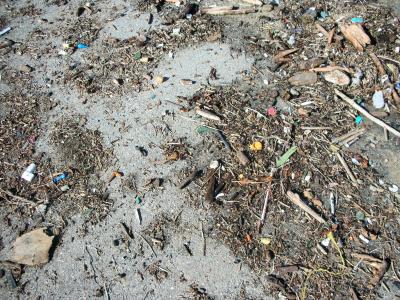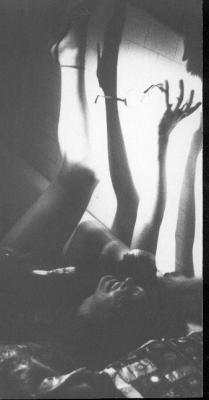Former Peninsula Congressman Paul N. âPeteâ? McCloskey will announce tomorrow that he will run against incumbent U.S. Rep. Richard Pombo (R-CA) in the Republican primary for the Northern California congressional seat, according to the Associated Press.
You may recall that the 78-year-old McCloskey, a lawyer, and much decorated Marine Korean war hero, spent seven terms in the Congress, first winning a Special Election in 1967 as an anti-Vietnam War, pro-environmentalist candidate.
(He first won notoriety as the attorney for Woodside residents who opposed construction of the Stanford Linear Accelerator (SLAC).
That hotly contested election won national attention as âPeteâ? prevailed over former child super-move star and Woodside resident Shirley Temple Black. His victory was a shocking upset.
One of Pete McCloskeyâs successful political strategies was to walk through neighborhoods, knocking on doors, introducing himself, chatting with the voters.
This intimate personal style worked and he would become a fixture in the U.S. Congress for over a decade. McCloskey was no stranger to controversy. As a maverick, and a dove, often controversial, he never hesitated to criticize President Nixonâs Vietnam policy.
McCloskey has strong ties to Pacifica where his grandfather, Henry Harrison McCloskey, also an attorney, built a castle by the sea, one of the now-suburban coastside town’s most fascinating landmarks.
In what was then called Salada Beach, construction began in 1908 on San Francisco attorney Henry McCloskey’s unique two-story residence, coinciding with the inauguration of the luckless Ocean Shore Railroad.
McCloskey’s clients included the Ocean Shore Land Company, a subsidiary of the railroad. With great optimism, tracks had been laid from San Francisco through a collection of new beach communities, comprising present-day Pacifica, with stations at Edgemar, Brighton, Vallemar, Rockaway, Tobin and Salada Beach.
Running across Devil’s Slide, south to Half Moon Bay, the train tracks dead-ended at a Tunitas Creek saloon run by the husband of the eccentric sculptress Sybil Easterday.
Surely Henry McCloskey’s professional ties with the Ocean Shore–which promoted homesites for those fleeing the 1906 San Francisco Earthquake–helped the land company attorney to acquire the hilltop property overlooking Salada Beach.
The railroad’s founders presented an imaginative recreationally-oriented vision for what is now the city of Pacifica. Their ambitious plan included not only homes, but a festive atmosphere for weekend funseekers riding the train to the resort towns dotting Pacifica’s lovely coastline. At Salada Beach, now called Sharp Park, a bandstand, casinos and a promenade, with steps leading down to the ocean waves, were contemplated. Designers sketched hillside theme hotels, all within sight of the gleaming Pacific Ocean.
(For a fun read, check out “The Last Whistle” by Jack Wagner, in Coastside libraries).
The hillside hotels nevver appeared but the excitement generated by the railroad’s vision inspired McCloskey to commission San Francisco architect Charles MacDougal to create a one-of-a-kind residence.
In 1908 the McCloskey family, including son, Paul, the father of future Rep. “Pete” McCloskey, moved into the castle they christened “Bendemier”, a solitary mountain-top retreat with spectacular ocean views that remain to this day.
Henry H. McCloskey died in the winter of 1914 and soon after his widow sold the magical castle–today accessible only by walking or driving up a 45-degree hill.
(Castle photo: Sam Mazza Estate)
To be continued….
